
Recent discoveries of new microbes in U.S. soil have generated excitement in the scientific community. These microbes, previously unknown to researchers, are believed to hold incredible potential for transforming various fields, particularly medicine. Through advanced scientific methods like DNA sequencing and soil sampling, scientists uncover these microorganisms and learn how they could revolutionize drug development, disease treatment, and our understanding of the natural world.
What Are Microbes?
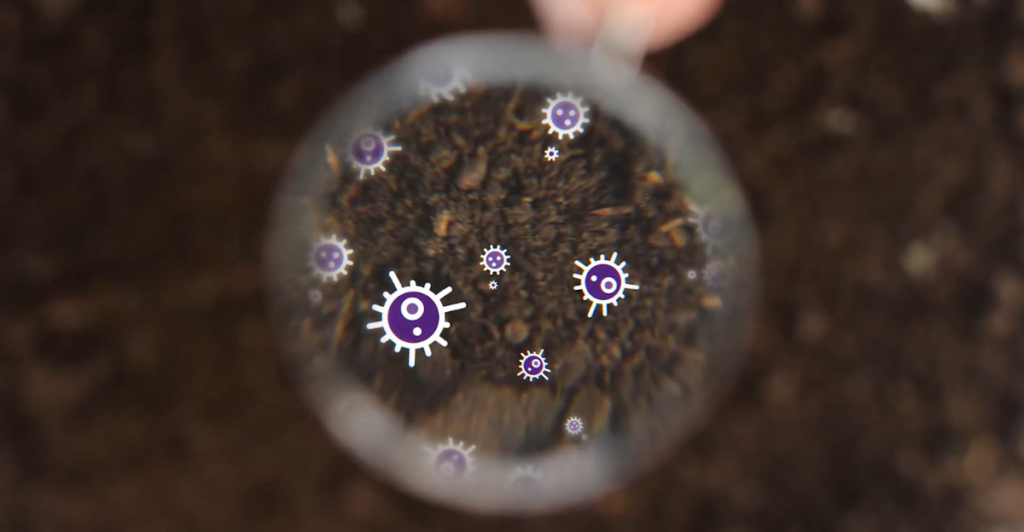
Microbes are tiny organisms that include bacteria, fungi, viruses, and protozoa. Though invisible to the naked eye, they play vital roles in ecosystems. Many microbes have been studied for their potential in medicine, biotechnology, and agriculture. They can produce natural compounds with therapeutic effects and help in environmental cleanup. The recent discoveries in U.S. soil highlight the vast, untapped potential these microorganisms have in various fields, including medicine.
The Role of Soil Microbes in Medicine
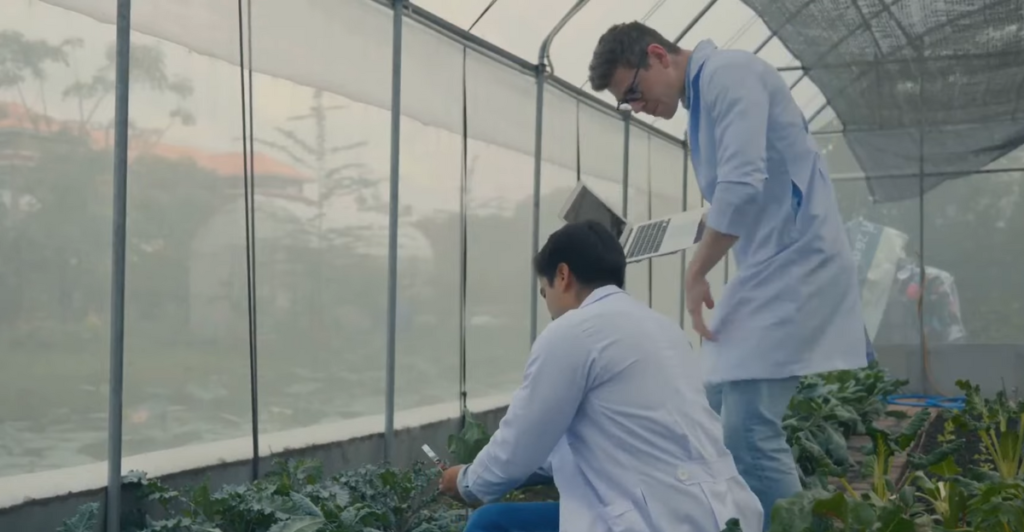
Soil is home to an incredible diversity of microorganisms, many of which are still undiscovered. These microbes can produce bioactive compounds that have medicinal properties, such as antibiotics, antifungals, and anti-cancer agents. Understanding soil microbiomes offers insight into new therapeutic strategies and potential drug sources. The discovery of new soil microbes expands our possibilities for developing novel medicines and treatments, opening doors to more effective solutions for various diseases.
The Discovery Process
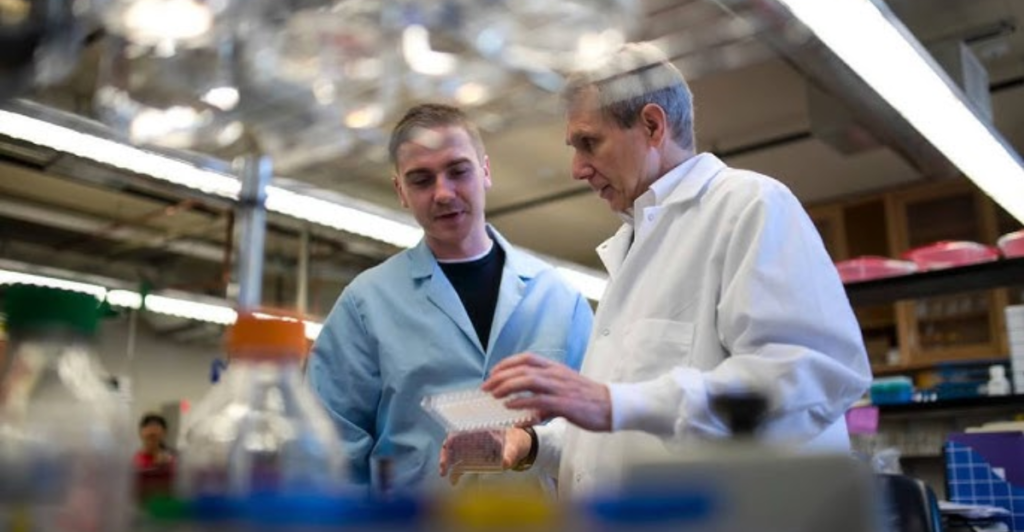
The discovery of new microbes involves extensive soil sampling and genetic analysis. Scientists collect soil samples from different regions and analyze their microbial communities using advanced techniques like metagenomics. This allows them to identify new species and their unique characteristics. Recent studies in U.S. soil have revealed several novel microbes that could lead to groundbreaking medical advancements. The research process continues to evolve, providing new insights into the vast world of soil microbiomes.
Potential Antibiotic Discoveries
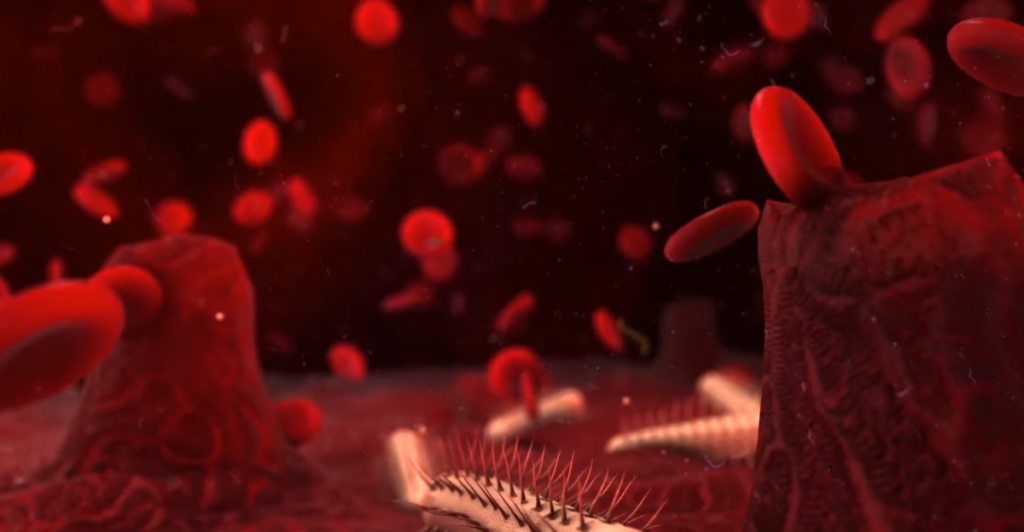
One of the most significant areas of microbial research is the search for new antibiotics. With antibiotic resistance becoming a global concern, discovering new strains of bacteria and fungi that produce antibiotics is crucial. Recent microbial discoveries from U.S. soil have shown promise in this area. Scientists have isolated microorganisms that produce previously unknown antibiotic compounds, offering hope for developing new treatments to combat resistant infections and saving lives.
Novel Cancer Treatment Possibilities
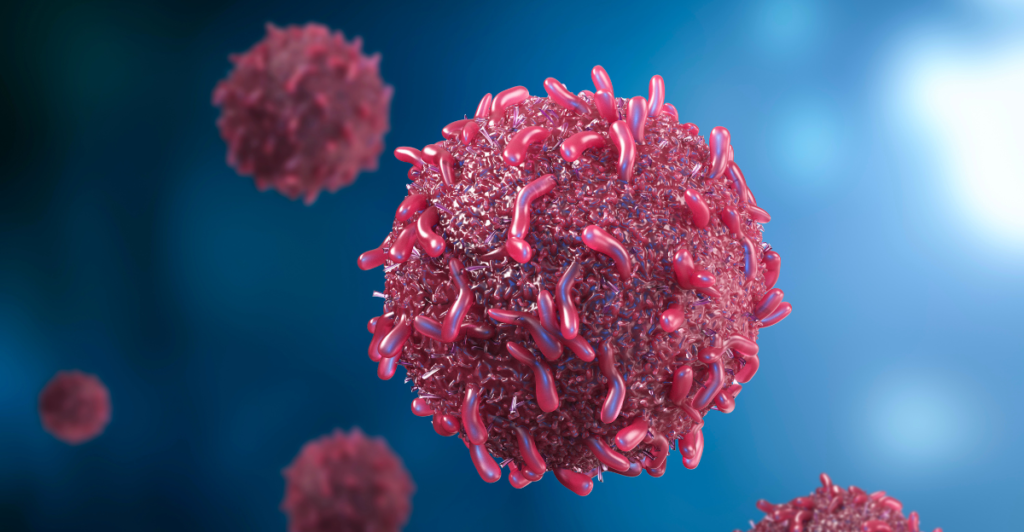
Some newly discovered microbes are being studied for their potential to treat cancer. Certain bacteria and fungi produce compounds that have shown anti-cancer properties. These natural substances can inhibit tumor growth or enhance the effectiveness of chemotherapy. By investigating the microbiomes of U.S. soil, researchers are uncovering microbes that may lead to the development of targeted therapies, offering a promising future for cancer treatment with fewer side effects than traditional methods.
Harnessing Microbial Enzymes for Medicine
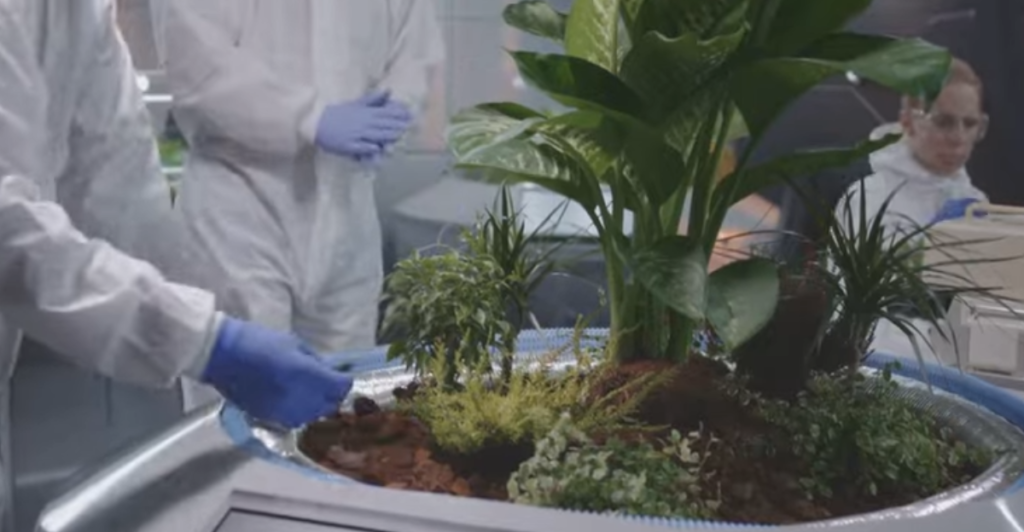
Microbial enzymes are proteins produced by microorganisms that catalyze chemical reactions. Some enzymes have medical applications, including breaking down harmful substances or assisting in drug synthesis. Microbes discovered in U.S. soil may be key to unlocking new enzymes with medical potential. These enzymes could aid in producing pharmaceuticals or developing innovative treatments, providing a valuable resource for improving healthcare and disease management.
Soil Microbes and Disease Prevention
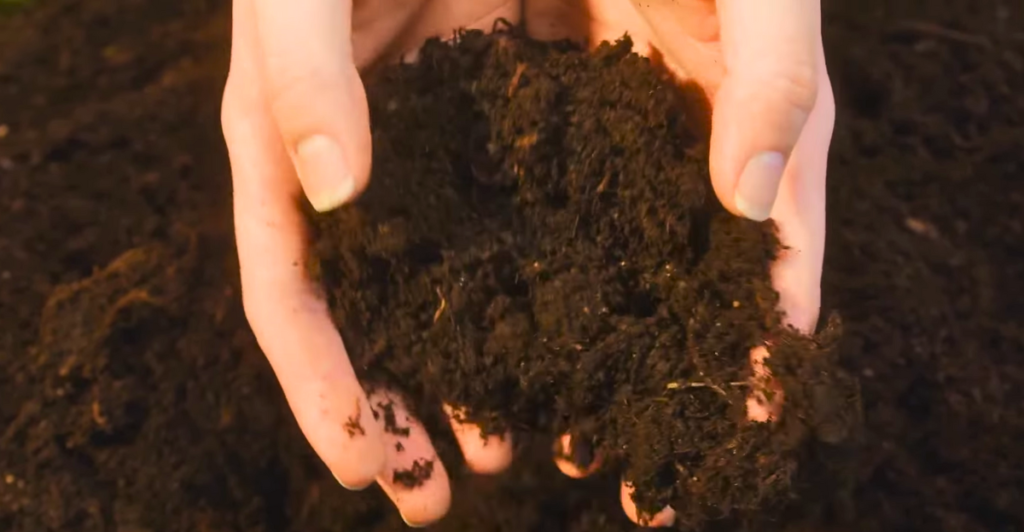
Soil microbes also play a crucial role in preventing diseases. Many microbes have natural defense mechanisms that protect plants and animals from pathogens. By studying these soil microorganisms, scientists can learn how these microbes combat harmful agents, which could inform the development of natural disease-prevention methods. This knowledge could create new approaches to boosting immunity and preventing infections, benefitting human and environmental health.
A Diverse Ecosystem for Innovation
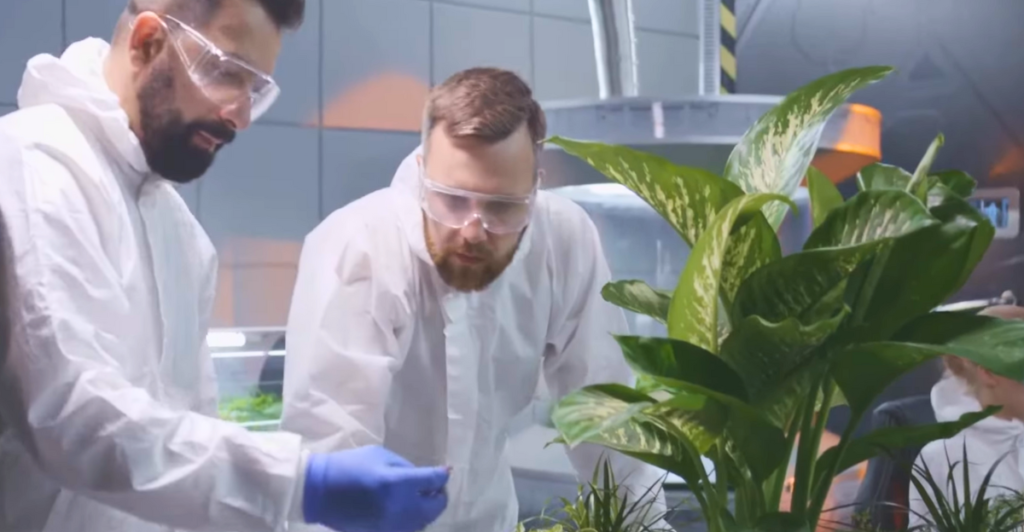
The diversity of soil microbes is a key factor in their potential for medical breakthroughs. U.S. soil contains a wide range of microbes from various environments, each with unique properties. This diversity increases the chances of discovering new, effective compounds and disease treatment methods. Exploring different ecosystems, such as forests, wetlands, and grasslands, allows scientists to access a broader pool of microorganisms, enriching the potential for groundbreaking discoveries.
The Future of Microbial Research
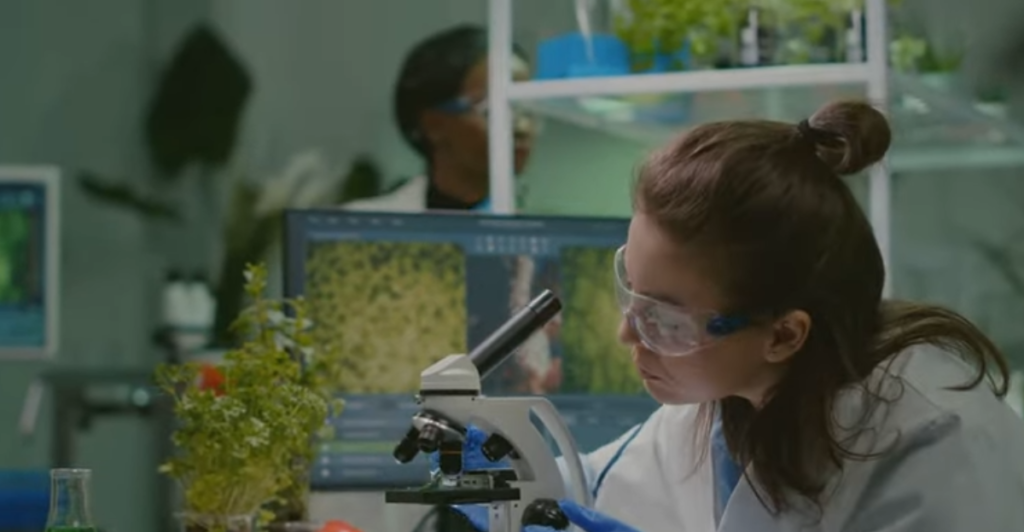
The future of microbial research looks promising, with new technologies advancing our ability to study soil microbiomes. The discovery of novel microbes in U.S. soil is just the beginning. As research progresses, scientists will likely uncover even more microorganisms with therapeutic potential. Integrating genomic, environmental, and medicinal data will enhance our understanding of microbial diversity and help researchers develop cutting-edge treatments for various diseases.
Ethical Considerations in Microbial Research
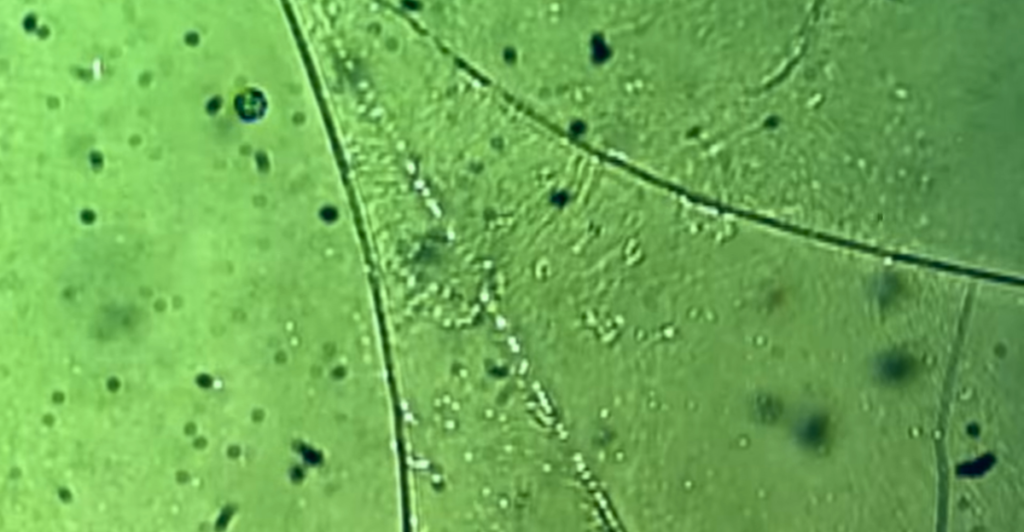
While microbial discoveries hold immense potential, ethical considerations are necessary to address. The manipulation of natural organisms raises concerns about environmental impact, biosecurity, and the sustainability of pharmaceutical practices. Researchers must work within ethical frameworks to ensure discoveries benefit humanity while minimizing risks. Transparent practices, regulatory oversight, and collaboration between researchers and policymakers will guide the future of microbial research for medicine.
The Impact on Global Healthcare

The discoveries of new microbes in U.S. soil could profoundly impact global healthcare. New antibiotics, cancer treatments, and disease-prevention methods can address pressing health challenges worldwide. These breakthroughs offer hope for combating diseases that are currently difficult to treat and could lead to more affordable and accessible healthcare options for people in developed and developing regions. The potential of these microbes to transform medicine extends beyond borders.
A New Era in Medicine
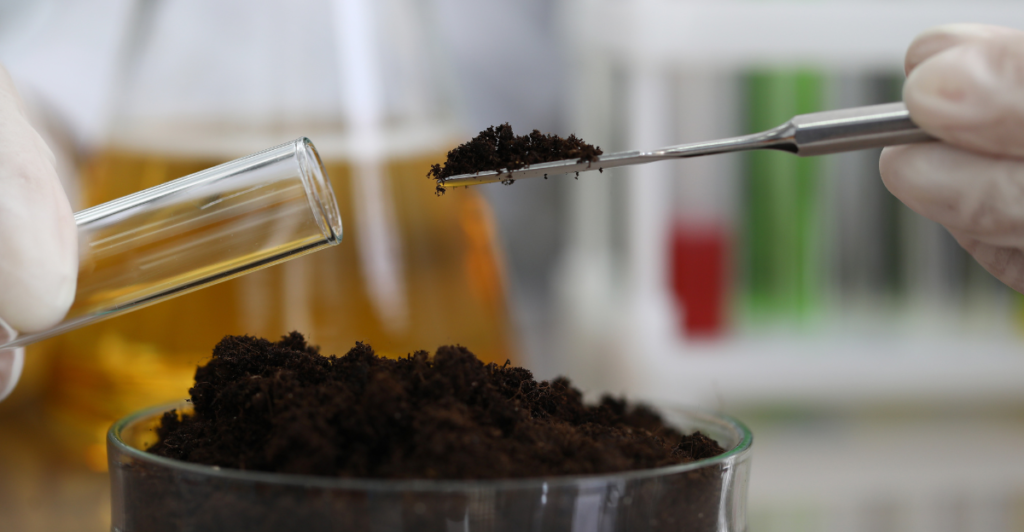
Exploring U.S. soil for new microbes marks the beginning of a new medical era. As scientists continue to uncover these hidden treasures, the potential for medical innovations becomes limitless. From antibiotic resistance to cancer treatments, soil microbes offer promising solutions to some of the most pressing health challenges. With ongoing research and technological advancements, the future of medicine looks brighter, thanks to the discoveries hidden beneath our feet.
Stay connected with us for more stories like this! Follow us to get the latest updates or hit the Follow button at the top of this article, and let us know what you think by leaving your feedback below. We’d love to hear from you!







